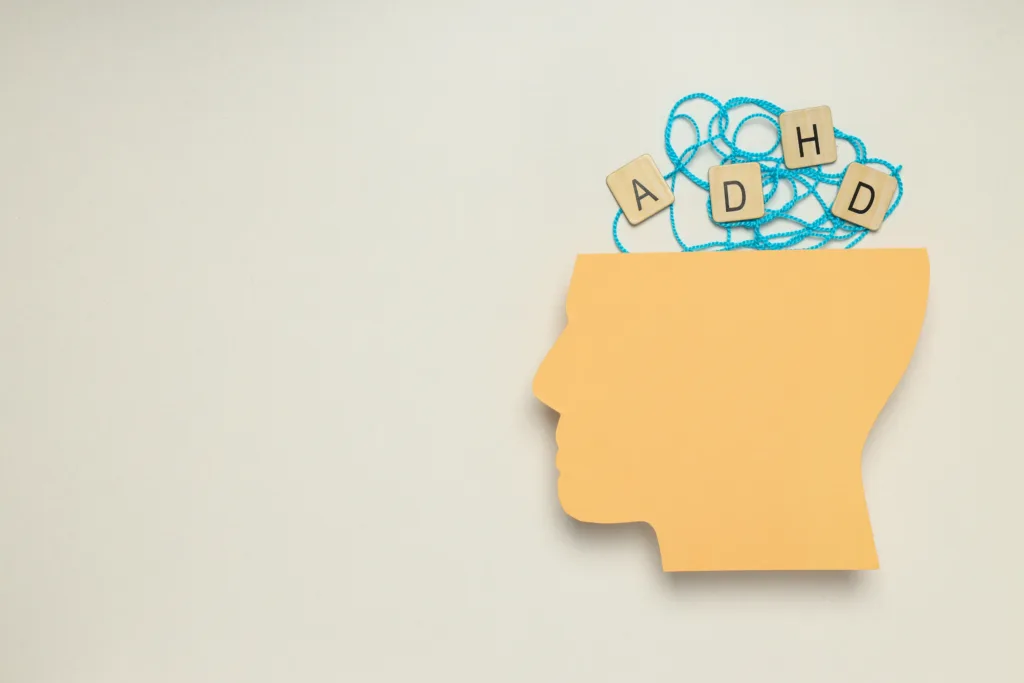
Experiencing a loss is a unique experience – it can leave you feeling so lost, confused and overwhelmed that you struggle to cope with it all. You know you have to continue figuring it out, but sometimes you don’t even know what that’s supposed to look like.
Grief can be so debilitating it begins negatively interfering with your daily life, preventing you from operating at your fullest capacity and causing numerous negative emotions throughout your day. It can worsen mental health conditions, or cause new ones to arise. Most of the time, grief is best managed with the help learning to properly handle these strong emotions.
Understanding grief
Grief therapy is a specific form of therapy designed to help those who have experienced a loss of sorts process their emotions, thoughts and feelings, cope with the unpredictable stages of grief and begin to rebuild their altered, shaken reality.
Different situations can cause you to experience grief, including:
- Loss of a loved one
- Loss of a pet
- A move or transition from one way of life to another
- The end of a relationship
- Loss of a dream
- Loss of a job
Additionally, grief is usually experienced as a process, not as a single event. The process of grief usually involves going through two to five the stages of grief. These are:
- Denial
- Anger
- Bargaining
- Depression
- Acceptance
As one’s mind processes the grief, it may flow from denial to anger, back to denial again. Processing grief is not one fluid movement, but an experience that may feel more like a roller coaster – one day you may feel angry, and then the next your emotions may range more toward symptoms of depression.
This is completely normal, and a process that needs to be allowed to happen. Also, when dealing with grief it’s important to note that grief never fully goes away. The shock of a tremendous loss has long-lasting impacts on a person and will occasionally resurface even after some time has passed.
To be able to properly deal with this reality, grief therapy is often recommended for people to feel permission to fully experience their grief and learn to cope with it in a way that allows them to continue living their lives with the new reality brought about by the grief factor.
What is grief therapy?
Grief therapy (and grief counseling) is a specific form of therapy designed to help those who have experienced a loss process their emotions, thoughts and feelings, cope with the unpredictable stages of grief and begin to rebuild their altered, shaken reality.
Grief can cause you to feel several symptoms, including shock and confusion; numbness; alienation from familiar people, places or things; and physical symptoms like fatigue, tightness in the chest, dizziness, and nausea or upset stomach. These and other common symptoms of grief can interfere with daily life if not properly managed – grief therapy gives you the tools to do so.
Grief therapy also takes into consideration the types of grief you may experience based on the loss. Grief is different for each person, with each timeline of undergoing the stages of grief being completely varied, even if two different people experienced the same loss. For this reason, treatment plans for grief therapy are personalized based on individual needs.
That being said, all grief therapy modalities work towards a common goal: to help you accept the new reality and slowly readjust your life in a way that is manageable and realistic.
Grief therapy techniques
To reach this goal, grief therapists often use certain techniques to help promote this state of emotional and physical wellness. This technique may include:
- Direct language – Stating directly what happened (such as, “My parent died,” or “I lost the ability to attain X dream/aspiration,” allows you the chance to vocalize the reality of the situation and face it head-on
- Memorabilia and tokens of the person – Bringing into your sessions possessions or physical reminders of the person who passed can help bring to the surface old memories or anecdotes which help foster discussion and replace negative emotions with positive memories
- Journaling – While you won’t necessarily spend time journaling with your therapist, they may give you homework where you take the time to write down and visualize any thoughts or emotions you’ve been experiencing; this will help you realize emotions you may have not known were there, as well as provide insight into how you want to go about handling them
- Restructuring thought processes – Certain therapy modalities used in grief therapy sessions can help you take overwhelming, overgeneralized or uncontrollable thoughts and restructure them so you can better handle emotions and readjust behavior patterns as a result
During the process of grief counseling, it is important for you to also take care of yourself through good practices of sleep, nutrition, exercise and proper leisure so that you can face the challenges of this difficult time.
In need of grief therapy?
The goal of grief therapy is to help you continue to heal and readjust to your new reality in the presence of a great loss. With the right therapist and treatment plan, you will be able to slowly find comfort and even healing as you properly process and manage strong emotions.
To get in touch with a therapist who can help get you started, contact High Focus Centers by calling 800-877-3628 or by visiting our website to learn more.
Recent Posts
- How Mood Stabilizers Work to Restore Emotional Balance
- Trauma-Informed Approaches in Therapy: Why Understanding Trauma is Essential for Healing
- Using Art as a Voice: Exploring the Therapeutic Benefits of Creativity
- What is Xylazine?
- How Overcoming Roadblocks is Crucial to Recovery – And How Your Treatment Center Can Help




